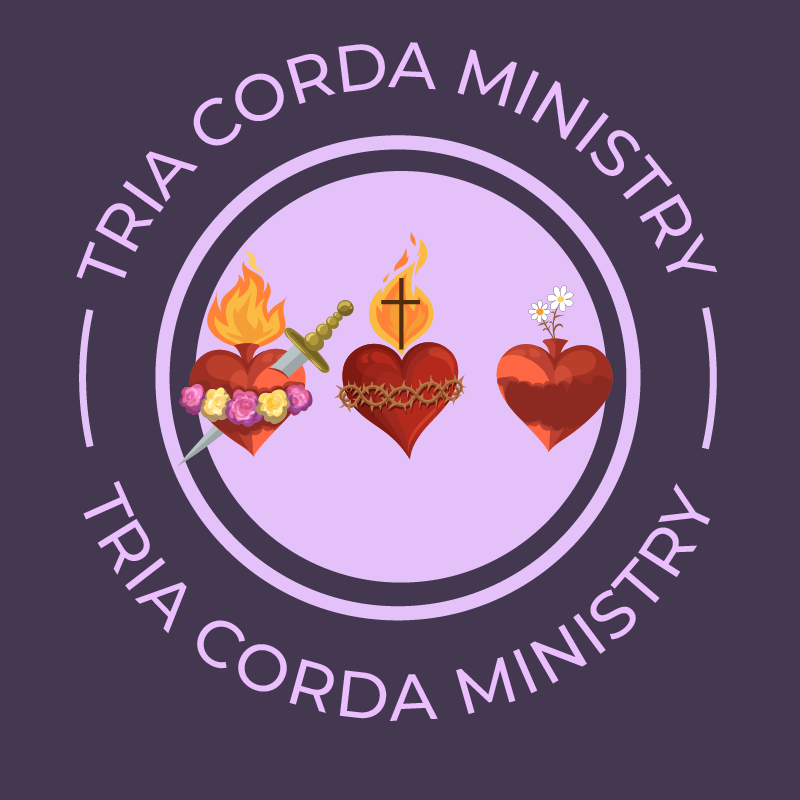Trauma and the Mind

This page may contain affiliate links. As an Amazon Associate I earn from qualifying purchases, at no extra cost to you. Thank you for your support of Tria Corda Ministry!
Overall, research has shown that exposure to trauma can lead to various difficulties with mental health. We’ll dive into this research below.
Before we begin, it is essential to remember that just because someone has experienced trauma does not mean they are doomed to develop these outcomes. And if a person has developed a particular negative outcome due to trauma exposure, they are not necessarily doomed to have it forever. Healing and resilience are possible, and many factors can prevent these outcomes from happening in the first place, and many factors can lead to their healing if they have occurred.
Trauma and Mental Illness
Overall, those who have experienced trauma are more likely to have a mental health diagnosis, more severe mental health disorder symptoms, and multiple mental health disorders (1).
Specifically, depression and anxiety are more common in those who have experienced trauma (2). In one study with college students, for example, those who experienced more trauma were more likely to have more depression symptoms, especially sadness, loss of pleasure and interest in things they would normally like, suicidal thoughts, feelings of worthlessness, and irritability (3). In another study conducted with prisoners, those who had experienced more trauma had a higher likelihood of being in treatment for depression or anxiety (4). In addition, some types of trauma are more likely to lead to these outcomes than others, especially betrayal trauma or trauma perpetrated by someone the victim is close to.
Post-traumatic stress disorder, or PTSD, is a mental health disorder that specifically is caused by exposure to trauma. There are four big clusters of symptoms involved in this disorder. First, there are reexperiencing symptoms, which means that being exposed to things that remind the person of their trauma, such as someone who looks like the perpetrator or certain sights, smells, or sounds, can cause severe anxiety. They may also have intrusive thoughts about the trauma or sleep disturbances. All of this can then lead to a second cluster of symptoms, which is avoidance, or things someone might do to bring relief from the anxiety, such as avoiding certain things. Third, a person may have negative changes in their mood, such as hopelessness and feeling detached from others, and in their thinking, such as problems with one’s memory. Additionally, PTSD can change a person’s physical and emotional reactions to things, so a person may be frightened more easily, have trouble sleeping or concentrating, have angry outbursts, and feel always on guard (5).
Researchers are still trying to figure out exactly what causes PTSD to develop. One theory is that after trauma, people may develop new views of themselves and the world because the trauma either disconfirms their ideas that the world is safe and they can handle life’s challenges or confirms views that they are not safe and they are incompetent. PTSD may be a result of that disconfirmation or confirmation of their views (5). Researchers have also found that those with PTSD have more anger, so that may be another cause (6).
Trauma's Impact on Thoughts
Trauma can also change thought patterns and make them more negative. Those with trauma are more likely to have low self-esteem and identity confusion (2), as well as difficulty knowing one is safe and with self-awareness (Source: The Body Keeps the Score)
Conclusion
As we have seen, researchers have found that those exposed to trauma can develop difficulties with mental health and with their views of themselves and the world as a result of the trauma.
There is hope for healing and resilience following exposure to trauma. If you or someone you know may be suffering from these negative effects of trauma, please visit the healing resources page to begin your healing journey.
To learn more about the effects of trauma, please visit the following pages:
